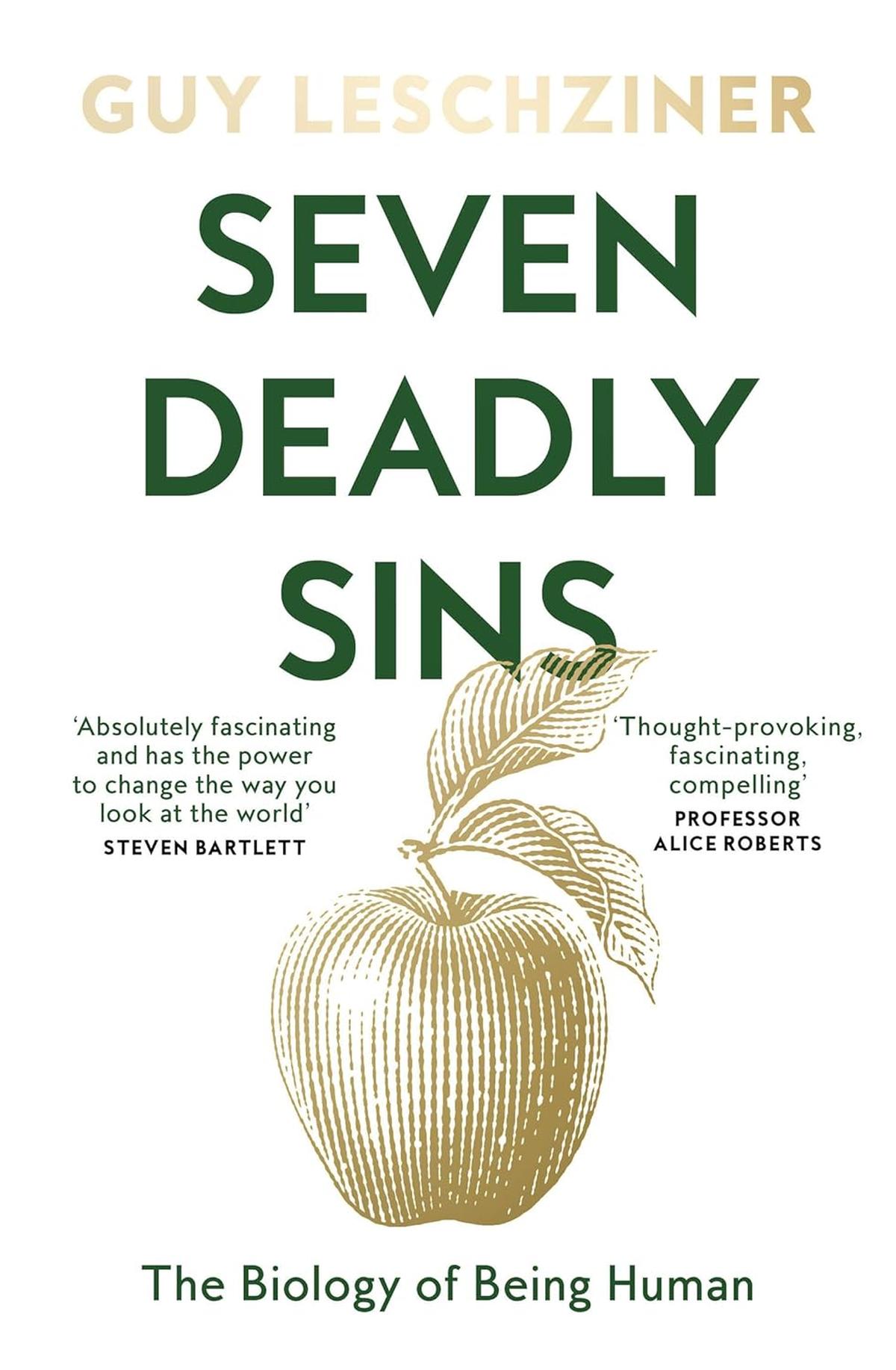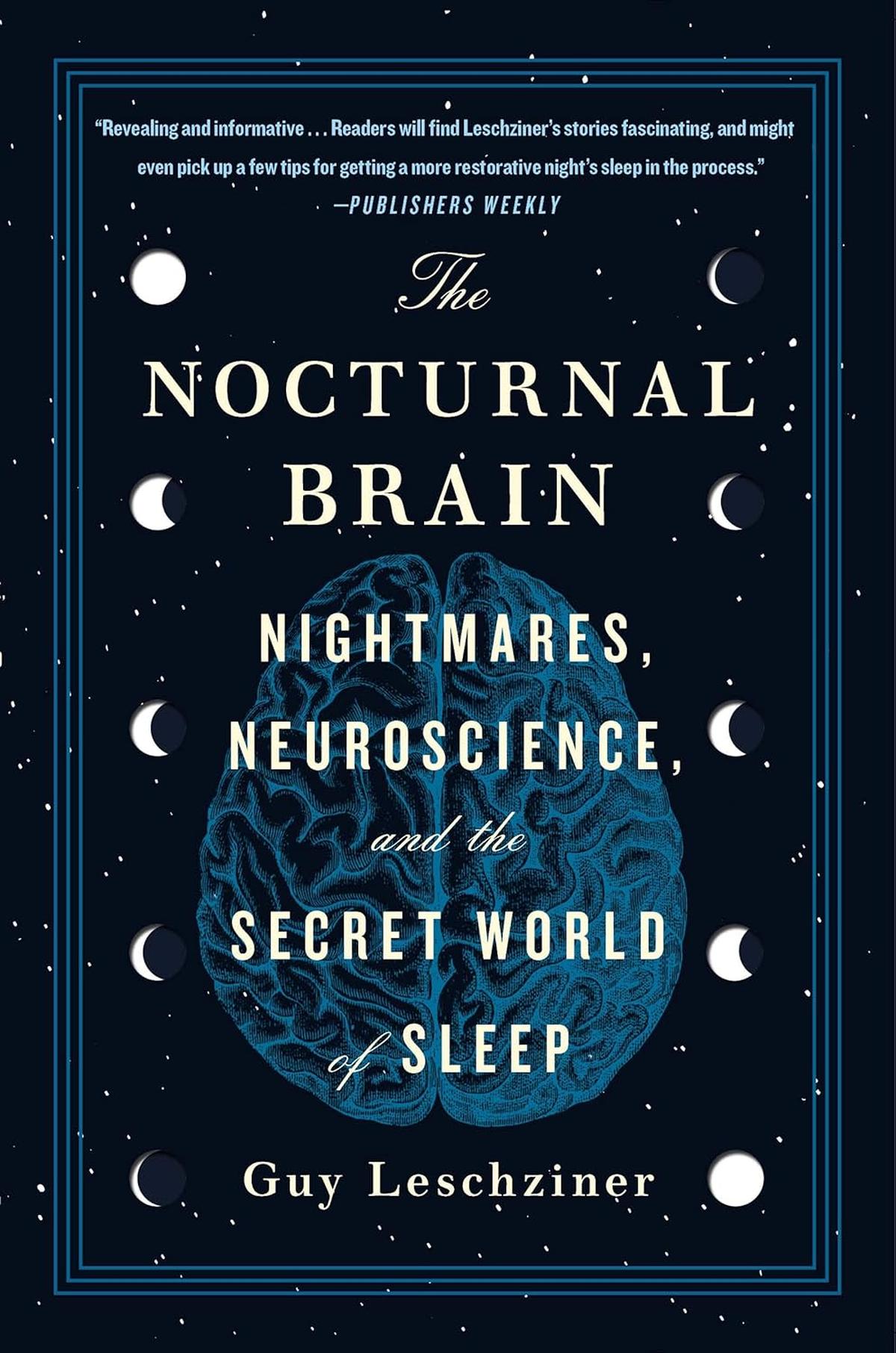Why neurologist Guy Leschziner links the seven deadly sins to human biology

Gluttony, greed, sloth, pride, envy, lust and anger are traditionally seen as the root of all evil. But can these undesirable behaviours actually stem from the biology of our brains? Neurologist Guy Leschziner believes so.
Last November, when he launched his book Seven Deadly Sins: The Biology of Being Human, and delved into the neuroscientific and psychological basis of these human tendencies, the London-based professor encouraged much debate. “The seven deadly sins are woven into the tapestry of what it is to be human,” he later wrote in The Guardian. “Each of these tendencies, at least in moderation or in specific circumstances, can be seen as a tool for survival.” He went on to say that the origins of the definition of these traits lies in evolutionary imperatives to preserve the tribe and they raise more of a biological question for us than a moral one.
Neurologist and sleep physician Guy Leschziner
| Photo Credit:
P.K. Ajith Kumar
A window into human society
“I was trying to understand how the brain, our biology, influences why we behave badly, and how a better understanding of these processes could actually give us opportunities to make the world a better place,” Leschziner tells The Hindu, on the sidelines of the Kerala Literature Festival 2025. “I study people at the extremes of the human experience to understand how their brains cause changes in behaviour and how it applies to all of us.”

In the introduction of the book, Leschziner explains how the past 25 years of his life as a practising doctor have offered him a window into human society, allowing him to explore aspects of humanity that few outside the world of medicine can see.

Leschziner’s grandfather was himself a victim of the deadly sins: he escaped Nazi Germany with his brother, but their families perished in concentration camps. At his clinic, Leschziner encounters patients from countries like Afghanistan, Syria, and the former Yugoslavia — “all in London as an outcome of war and upheaval, fruits of human sins”.
A consultant neurologist at the Department of Neurology and Sleep Disorders Centre at Guy’s and St Thomas’ Hospitals, as well as London Bridge Hospital, the Cromwell Hospital, and One Welbeck, Leschziner is a determinist. “I believe that everything is a function of the connections within our brain and how it works,” he explains. “There are factors entirely beyond our control that influence how we behave. For some, it’s genetic; for others, it’s due to disease or disorder. But, for many, it’s shaped by what we’re exposed to — either in the womb or later in life — which fundamentally affects how our brains are configured.”
Making sense of sleep
Seven Deadly Sins is Leschziner’sthird book, and has won critical acclaim. However, initially, he had no intention of becoming an author as he was busy with his medical practice. A literary agent, impressed by Leschziner’s BBC radio series on the mysteries of sleep, persuaded him to pen his experiences.

Leschziner’s first book, The Nocturnal Brain: Nightmares, Neuroscience and the Secret World of Sleep, published in 2019, provided fascinating insights into the sleeping mind, as he drew on case studies of his own patients. The Scientist named it the best neuroscience book of the year, while Forbes termed it one of the must-read books of the year.

He is glad that sleep is finally receiving more attention in medical research. Throughout his remarkable career, Leschziner has helped people manage insomnia, sleep apnoea, restless leg syndrome, and many other sleep disorders.
“When I was in medical school, we were taught nothing at all about sleep; it didn’t even figure on the curriculum,” says Leschziner, who was the clinical lead for the Sleep Disorders Centre, Guy’s Hospital, one of Europe’s largest sleep units, for over a decade. “There are entire generations of doctors who know nothing about sleep or were never taught its importance. Now we’re beginning to understand the far-reaching consequences of poor sleep on our physical, psychological, and neurological health.”
Shortcut to dementia?
He says that getting less than the recommended seven to eight-and-a-half hours of sleep is a growing concern. “Sleep is crucial for every aspect of our daytime functioning,” says Leschziner. “We know it’s linked to high blood pressure, diabetes, weight gain, and there is increasing evidence that it raises the risk of heart disease and stroke. One major issue, which I believe will affect the entire world in the future, is the connection between sleep and dementia — especially as dementia is becoming more prevalent globally with ageing populations.”
Leschziner is equally intrigued by dreams. “One of the major mysteries that remains is the function of REM (rapid eye movement) sleep — the stage we most closely associate with dreaming,” he says. “This stage is crucial for memory consolidation, moving information from the brain’s short-term memory circuits to longer-term storage. But REM sleep serves other roles as well; it is probably responsible for regulating our emotions. My own view is that, during sleep, we’re essentially creating a model of the world because we need it to make sense of our experiences.”
Though initially hesitant to wield the pen, writing has taken Leschziner into a world beyond the hospital. “I chose a career in neurology after reading Oliver Sacks’ The Man Who Mistook His Wife For A Hat,” he says. “If my books can inspire even one person to study the brain, I’ll be very happy.”
ajithkumar.pk@thehindu.co.in
Published – May 31, 2025 04:32 pm IST















